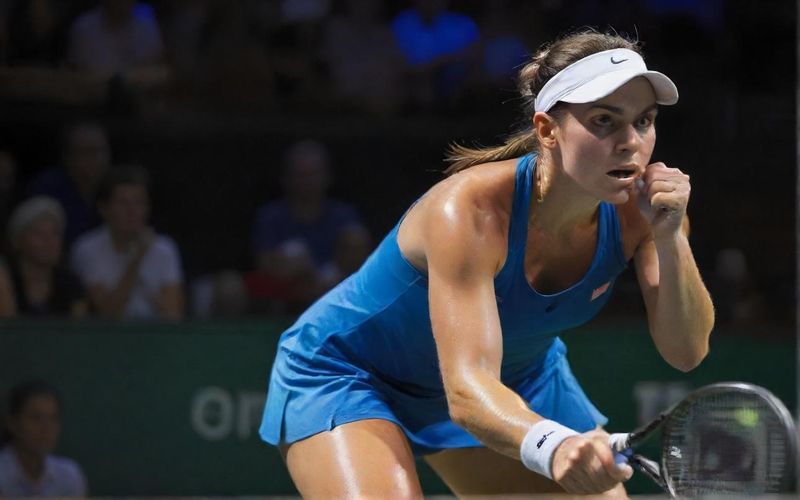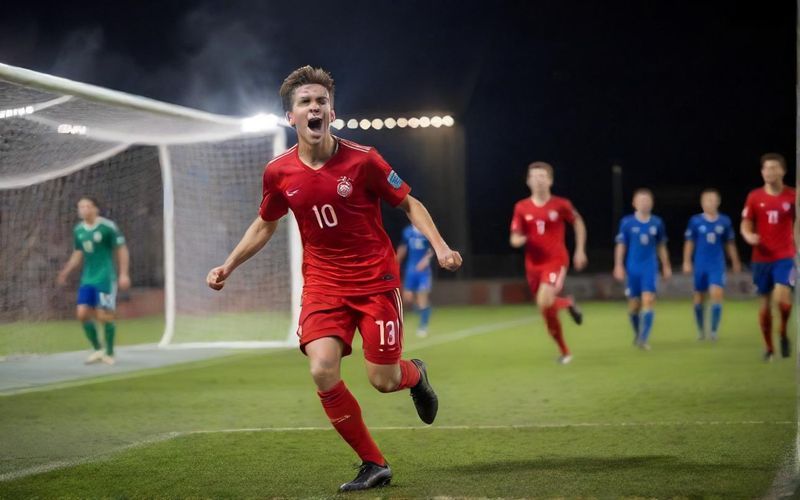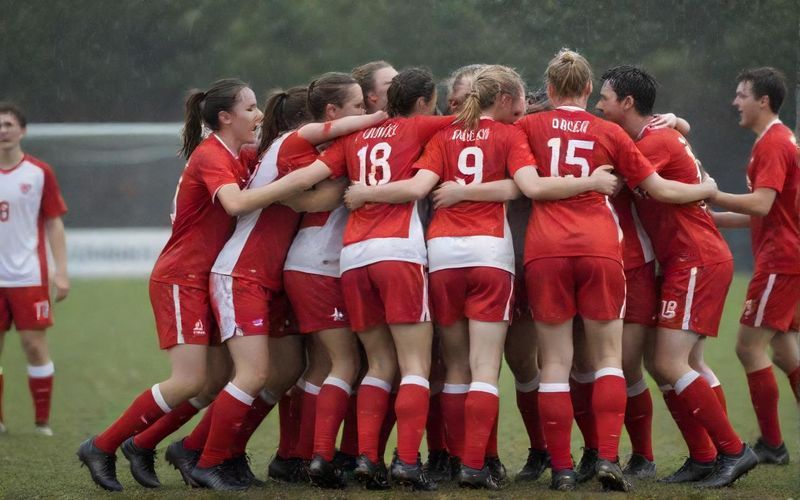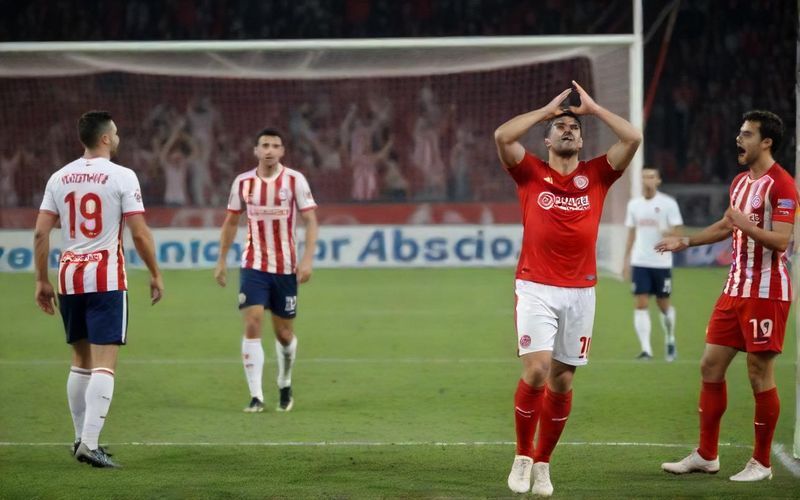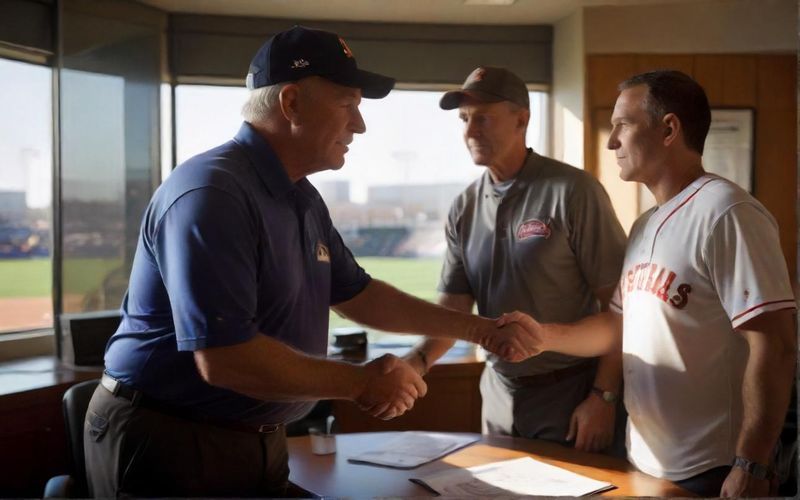Harry's Hat Fumble: Canadian Ties Tested
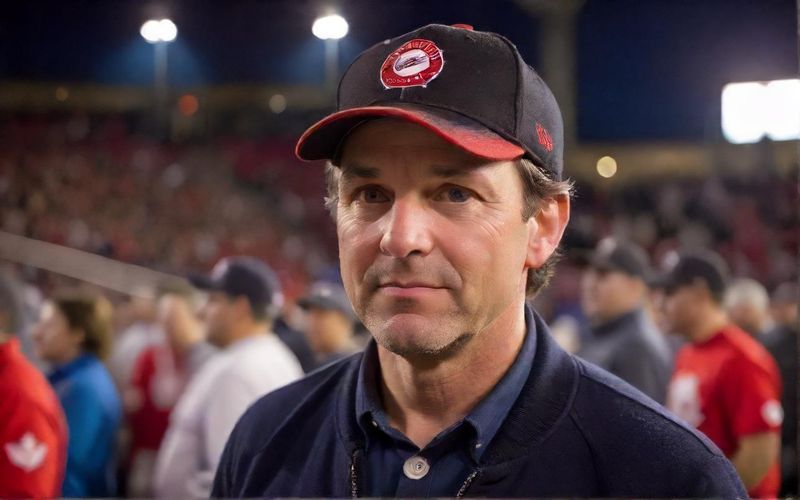
He later explained, with a wry smile, that he was “under duress” and simply accepted the hat offered in the Dodgers dugout, a story that rings true for anyone who’s ever been in a situation where politeness dictated a certain course of action, however inconvenient. There’s a certain relatable awkwardness to it, isn't there? You’re put on the spot, and you do what you think is expected. But for many in Canada, especially given the country’s only MLB team was locked in an epic battle against the Dodgers, this felt like a missed opportunity to show allegiance to their own. It’s a subtle point, but one that highlights the emotional investment people have in their sports teams, and perhaps, by extension, their national identity.
This whole kerfuffle, playfully dubbed "Hat-Gate," has brought to the forefront the complex relationship Prince Harry maintains with Canada. It's a country where he and Meghan spent formative time after stepping back from royal duties, a place that hosted the Invictus Games he so passionately supports, and where Meghan herself lived for years while filming Suits. Canada, in turn, has a long-standing, albeit now constitutional, connection to Harry through his father, King Charles III, who remains its head of state. So, when Harry opted for a Dodgers cap, it wasn't just about baseball; it was a moment that touched on these interwoven ties, creating a ripple of lighthearted disappointment.
What’s particularly insightful here is the way Harry, despite his transition to life in California, has clearly kept his connections to Canada alive. His immediate apology and subsequent public embrace of a Blue Jays hat – even donning one during the interview – demonstrate a genuine understanding of the sentiment. It’s more than just damage control; it’s an acknowledgment of the affection he holds for the country and its people. He even joked that admitting his newfound Blue Jays fandom might make his return to Los Angeles “pretty hard,” a self-deprecating quip that perfectly captures the spirit of good-natured banter he himself has written about as a hallmark of British culture. It’s a clever mirroring, showing that while he may be physically distant from Britain, the cultural understanding remains.
The story also subtly touches on the nuances of public perception and fandom. While Canadians might have felt a pang of disappointment, it’s worth noting that even in the US, Harry and Meghan’s presence in the front row garnered attention, with some Dodgers fans questioning their seating arrangement over local icons. This suggests that wherever they go, their visibility invites scrutiny, and their actions, even something as seemingly trivial as a hat choice, are magnified.
Ultimately, Prince Harry's "Hat-Gate" apology is more than just a funny anecdote from a baseball game. It’s a glimpse into the ongoing navigation of identity and belonging for someone who has famously charted his own course. It underscores how deeply we can feel connected to places and teams, and how, even in jest, those connections are acknowledged and respected. As he continues to build his life in California, it's clear that the echoes of his Canadian past will continue to shape his narrative. Will this embrace of the Blue Jays, however belated, solidify his place in Canadian hearts, or will the allure of Los Angeles prove too strong to resist for future sporting allegiances?
